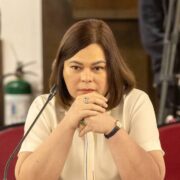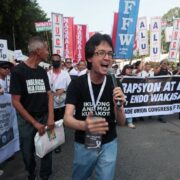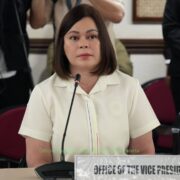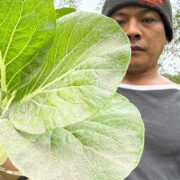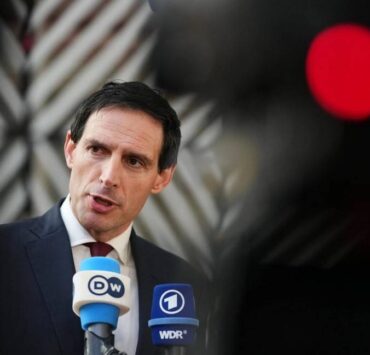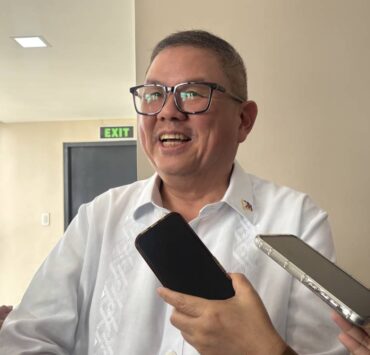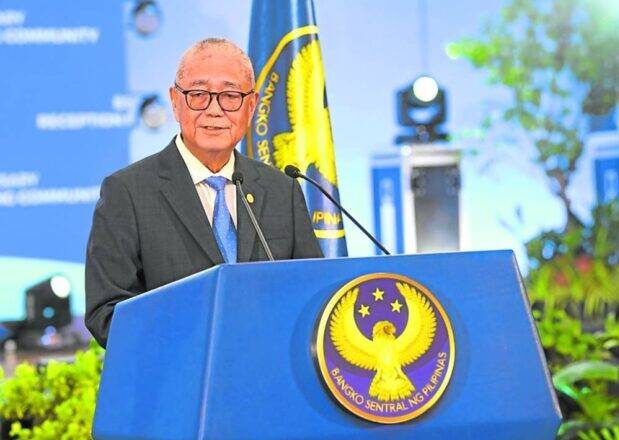Graft probe tempers bank loan growth

Bank lending in the Philippines grew at its slowest pace in 14 months in September, as business borrowing lost momentum amid a corruption probe that has unsettled investors and prompted companies to scale back expansion plans.
Outstanding loans from big lenders, excluding their short-term placements with the central bank, rose by 10.5 percent from a year ago to P13.7 trillion, latest data from the Bangko Sentral ng Pilipinas (BSP) showed.
That was the weakest growth since July 2024, when lending climbed 10.4 percent. Month-on-month, credit growth was nearly flat, edging up just 0.3 percent.
The slowdown came as authorities continued to investigate alleged irregularities in state-funded infrastructure projects—a probe that has shaken local financial markets and chilled investment sentiment.
The central bank, seeking to steady confidence, cut its benchmark interest rate by a quarter point to 4.75 percent in October, while signaling further easing ahead.
Figures showed business loans, which make up the bulk of the banking sector’s portfolio, grew 9.1 percent to P11.6 trillion, the slowest increase since July 2024.
Credit to real estate firms—the largest borrower group—rose 9.2 percent, the slowest pace in four months.
Lending to construction companies, many of which have been conserving cash as payments for government projects are delayed amid the graft investigation, grew by just 3.5 percent, the weakest expansion in six months.
Consumer loans take up the slack
Consumer lending, by contrast, remained brisk, rising 23.5 percent to P1.8 trillion, only slightly slower than August’s 23.9-percent increase.
“This can be due to the current corruption scandal as business confidence plummeted,” Leonardo Lanzona, an economist at Ateneo De Manila University, said.
John Paolo Rivera, a senior research fellow at the state-run Philippine Institute for Development Studies, shared the same view but added that the lag effects of the previous interest rate cuts were keeping financial conditions tight for borrowers.
“Even if inflation has eased, borrowing costs remain high after the BSP kept policy rates elevated, discouraging both firms and consumers from taking new loans,” Rivera said.
Looking ahead, Jonathan Ravelas, senior adviser at Reyes Tacandong & Co., warned of further weakness in lending.
“Expect lending to stay soft through year-end unless confidence picks up,” Ravelas said. “For bankers and investors, it’s time to balance prudence with strategic positioning.”




